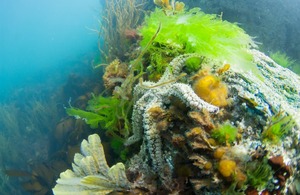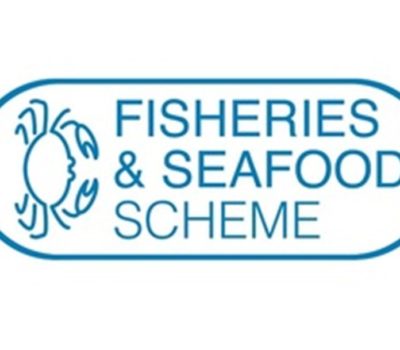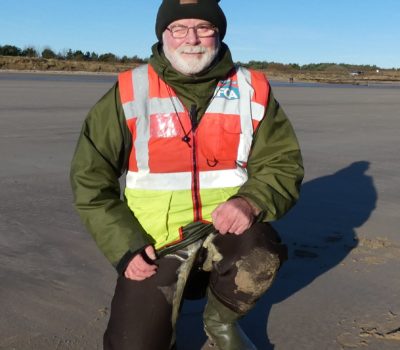NIFCA to Introduce Trawling Management Measures in Marine Conservation Zone
At a recent public meeting of the Northumberland Inshore Fisheries and Conservation Authority (NIFCA), members voted in favour of introducing new management measures for trawling within the Coquet to St Mary’s Marine Conservation Zone (MCZ).
The decision to introduce an adaptive management plan aims to ensure that trawling can continue within the MCZ while incorporating additional measures to balance conservation efforts with the needs of the local fishing community.
NIFCA has led on the development of a management plan as part of its remit to manage fishing activity in MCZs. This is in line with conservation objectives and following an assessment process, including advice from Natural England.
The NIFCA trawling byelaw, initially introduced in 2015, and updated in 2021, regulates trawling activities within the Northumberland district, including the MCZ. The byelaw requires vessels to hold a valid permit and limits trawling to vessels depending on their size.
The byelaw also requires permit holders to obtain an additional exemption to trawl within the MCZ and restricts gear types, allowing only light otter trawls within the MCZ. It also mandates that permit holders submit monthly reports detailing their fishing activity.
Following recommendations from NIFCA’s Technical and Scientific subcommittee, members approved the proposed Coquet to St Mary’s Marine Conservation Zone Trawling Management Plan.
The plan establishes clear guidelines for the granting of trawling exemptions for permit holders to trawl in the MCZ, this includes vessel tracking requirements which provides information on the extent and intensity of trawling in the MCZ, and an annual cap on fishing activity. These measures should maintain sustainable fishing opportunities while protecting the area’s unique marine environment.
Key MCZ management measures:
- Exemptions will be granted to fishing vessels with a permit and an active record for trawling in the MCZ during 2022.
- Exemptions require vessels to be fitted with a GPS tracker and gear sensor, which will be supplied and funded by NIFCA.
- Maximum annual cap of 1,000 trawling hours, based on 2022 activity levels, will serve as the threshold for 2025.
Acknowledging concerns from fishers who do not qualify for exemptions, NIFCA remains committed to ensuring fairness in the transition to these new measures. The management plan will be reviewed annually, incorporating feedback and data to refine future strategies.
NIFCA Chief Officer Mark Southerton, commented: “This decision reflects our commitment to balancing sustainable fisheries with the protection of marine habitats. By implementing these adaptive management measures, we aim to support the inshore fishing fleet while ensuring the long-term health of the MCZ.”
For more information on the new trawling management measures, please visit Coquet to St Mary’s MCZ Management Plan, contact the team by email at nifca@nifca.gov.uk or call the office: 01670 797 676.






